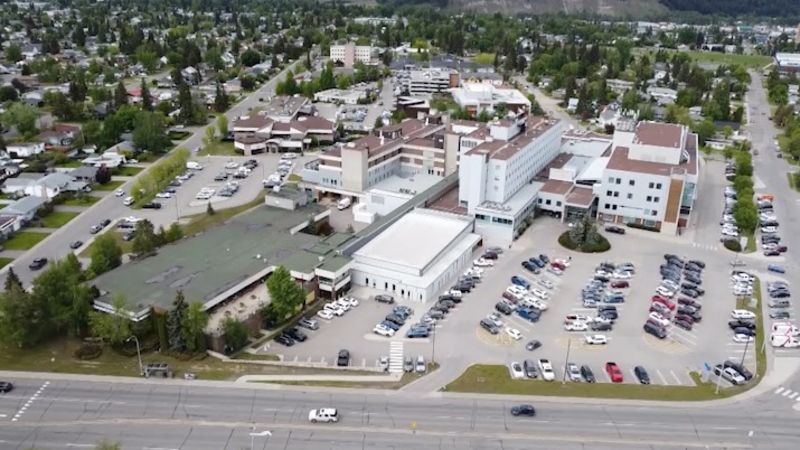
Tax Cuts will come back “to bite BC”
PRINCE GEORGE – Early on the campaign trail, BC Conservative Leader John Rustad announced a tax rebate to provide relief on housing costs. Shortly afterwards, now-Premier David Eby took time on the campaign trail to propose a thousand-dollar per family tax cut as immediate relief to the public. But an economist with the Canadian Centre for Policy Alternatives says cuts like that would erode the public purse too greatly.
“You know, tax cuts, they might sound attractive but they won’t address the big underlying drivers of the cost of living pressures that households are facing right now,” says economist Alex Hemingway. “Whether that’s housing, childcare or transportation. You know, each of these are challenges that require that we invest together as a society to build that housing, open new childcare spaces, and build public transportation and infrastructure.”
